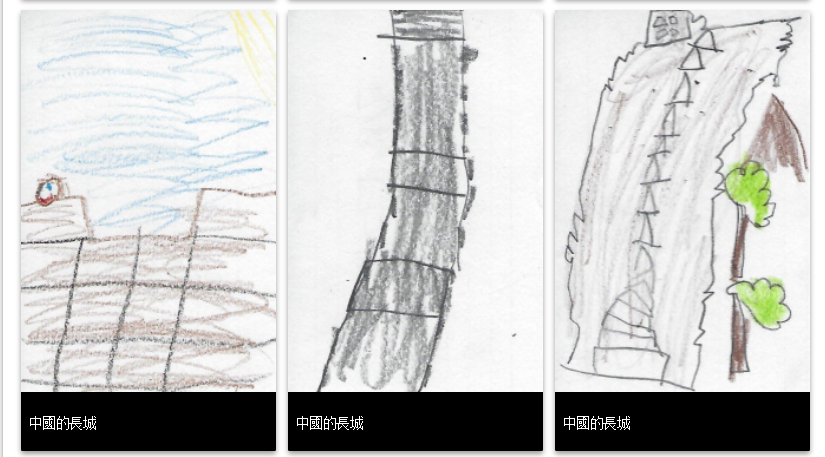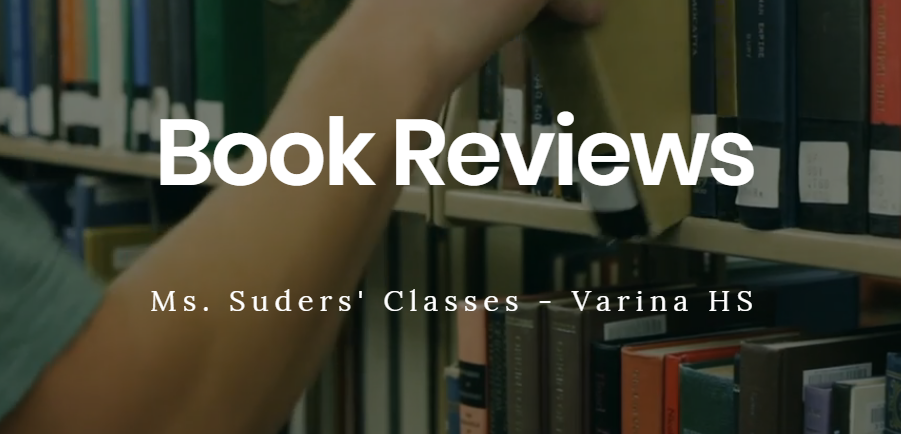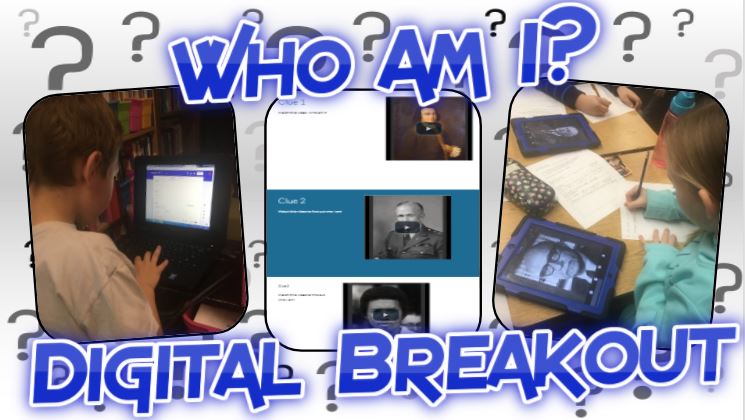Summary
Students are placed into groups and assigned one of 3 letters to be written, from the perspective of Alexander the Great:
- Letter to his mom, upon hearing the news of his father – Philip IIs – assassination.
- Letter to the people of Persia after Alexander conquered the empire.
- Letter as he is dying, in Mesopotamia.
Each group assigns one of the letters to one of its 3 members. They write the letter, 2-3 paragraphs, rehearse it, and (with no notes) narrate a video diary. A green screen and background is placed, highlighting key areas Alexander conquered/lived in. A video is then made, illustrating the work each group has done.
TIPC Ratings
Approaching: Students have acquired the necessary knowledge on the lift and important events of Alexander the Great and the Hellenistic Age. Now, they must synthesize this information but being both reflecting and stepping into the perspective of Alexander himself. They must blend the facts they have learned with raw emotion and sentiment. Students must be able to take on a new perspective and analyze both the successes and failures of one of history’s greatest, and perhaps most flawed, leaders.
Approaching: Students, with minimal supervision, begin the assignment individually – writing their specific letters – but advance to a stage in which they are working side-by-side to perfect their writing and their performance. The group dynamic allows the story to be told through a sharper perspective, as well as allows students to critique both themselves and others. Students present as a group and are accountable to their fellow group members to present a polished product. It also helps that students evaluate both themselves and their group, alongside the merits and challenges of the assignment itself.
Ideal/Target: Students, with minimal restraints, are allowed to take on any perspective they wish, within the context of what they’ve learned about Alexander the Great. The letter is a work of fact-based fiction. Students are forced to grasp concepts that are quite complex: the death of a parent, their own potential demise, or the successes and entrapments of conquering an empire. This is all done in a very low-risk environment, as they take on the perspective of Alexander; however, it forces them to leave the fact-recitation many history assignments focus on. Instead, they’re attempting to decipher just how someone might react to these key events in Alexander’s life, blending their personal emotions with suppositions of Alexander’s. The FRQ (Free-Response Question) after the assignment – and self-reflection – now challenged the students to focus on why these events were so imperative to Alexander’s life and the Hellenstic Age he dominated. Why these moments helped shape a leader like Alexander, as well as those legendary man who followed in his shadow throughout World History II (Hannibal, Julius Caesar, Napoleon,etc.).
Ideal/Target: The diary entry, if left alone, may only reach the approaching level. It’s creative, but lacks presentation, performance, and bravado. Fortunately, due to the technology resources available, a blend of History, Drama, and English classes can be found. Rehearsals were not only necessary for learning the diary entries, but also to perform them with actual emotion. The students were able to film in front of a green screen, have lights and cameras on them, and truly attempt to become Alexander the Great. This pushed the students to rise to to the occasion and truly challenge themselves to become one with the material, as well as the technology surrounding them.






